Here are John Wayne’s Favorite Films of his own – which just happen to include two movies he starred in. Wayne had to work his way up to leading man status, and after many uncredited roles in 1920s movies, he spent much of the ’30s fronting low-budget, “poverty row” Westerns. It was 1939’s Stagecoach that changed his fortunes, with the film being both a major success and a landmark for the genre.
While Wayne is best known for Westerns – of which he made 80 – he appeared in many different types of movies during his heyday, including romantic dramas and war films. Of course, his screen persona rarely changed from film to film, as audiences often came to see a “John Wayne” movie first and foremost. His low-budget Westerns also saw him carefully craft his screen image, from his distinctive drawl, the way he walked and his innovative – for the time, at least – approach to screen fights.
Wayne was a star for over 30 years, but while he appeared in many classics, his controversial Playboy interview from 1971 came to haunt him. During this conversation, he openly expressed racist, homophobic and misogynist viewpoints, which caused an outcry shortly after its publication. It caused another in 2019 when the interview resurfaced. This has turned some cinephiles and viewers off the star, though Wayne – who was also known as “Duke” – work looms large from Hollywood’s Golden Age. In 1977, The People’s Almanac (via Stars and Letters) sent out a poll to living Academy Award winners, asking for their top five choices for best movies and actors. Here are John Wayne’s favorite movies.
A Man For All Seasons (1966)
![robert shaw in a man for all seasons]()
Wayne’s first choice is the historical drama A Man For All Seasons, starring Jaws‘ Robert Shaw and Orson Welles. The movie adapted the play of the same name and recounted the fate of Sir Thomas More, the Lord Chancellor of England who refused King Henry VIII’s request for his marriage to Catherine of Aragon to be annulled. A Man For All Seasons was both a critical and commercial hit upon release and later won Best Picture at the Academy Awards. Given his interest in history and men who hold true to their principles, it’s little surprise Wayne – who only made one sequel – was taken by the film.
Gone With The Wind (1939)
![Gone with the Wind movie]()
The next film on Wayne’s list is Gone With The Wind, the sweeping romantic epic from 1939. The story is set during the American Civil War and follows Vivien Leigh’s Scarlett and her marriage to Clark Gable’s Rhett. Despite being a troubled production the film was an enormous critical and commercial success, and in later years would regularly top lists of the greatest films ever made. Gone With The Wind is still held in high regard, though its depiction of slavery has come under fire in the decades since its release.
The Four Horsemen of the Apocalypse (1962)
![the-four-horsemen-of-the-apocalypse-poster]()
Wayne’s third selection was The Four Horsemen Of The Apocalypse, a remake of the classic silent film from the ’20s starring Rudolph Valentino. The remake was directed by Gigi’s Vincente Minnelli, with the story being an epic family drama set during World War 2. Lead Glenn Ford – co-star of Superman 1978 – was consideredly woefully miscast in the lead role, and the film received mixed reviews. The film was also a financial disaster for MGM, with the big budget production said to have lost the studio over $5 million at the box office. While it hasn’t been reappraised as a lost classic, the reception to the movie is warmer now than it was on its initial release, and it is recognized for being an ambitious – if flamed – melodrama.
The Searchers (1956)
![Jeffery Hunter and John Wayne in The Searchers]()
One downside to John Wayne’s favorite film selection is that the star didn’t actually expand on the reasons he enjoyed a given film. At least with The Searchers, his fondness is a little easier to explain. The Searchers is a dark Western where Wayne plays Ethan Edwards, a bigoted Civil War vet who teams with his nephew to find his niece, who was abducted by Native Americans. The Searchers – which was a big influence on Lucas’ Star Wars – was one of the first major Westerns to explore racism against Native Americans, and its style inspired future movies like Tarantino’s Django Unchained and Lawrence of Arabia.
The film is not only regarded as one of Wayne and Ford’s best movies but arguably one of the greatest Westerns ever made. The Searchers also has one of the most famous ending images in cinema, where – after completing his mission – Ethan chooses not to rejoin his family and is instead framed by a doorway as he retreats into the distance as the door closes on him. This is a visual that was later borrowed by Francis Ford Coppola for The Godfather’s ending.
The Quiet Man (1952)
![two main characters stand soaked in an archway in The Quiet Man]()
The final film on John Wayne’s list of favorite films is another Ford collaboration The Quiet Man. This follows Wayne’s retired boxer as he travels to Ireland after accidentally killing an opponent in the ring. The film was a change of pace for its star at the time, as it’s a romantic comedy instead of a Western or war drama. The Quiet Man has aged poorly in some regards, especially for playing into various comic stereotypes of the Irish. That said, it’s also considered one of Wayne’s best, and is also famed for its drawn-out fight scene; the latter would be homaged in the famous alley fight in John Carpenter’s They Live.
While the above topped John Wayne’s Favorite Films list, he’s also mentioned other favorites over the years. During a Q&A on Phil Donahue, Wayne – who only made one horror movie – also name-dropped Stagecoach as a favorite, stating he “loved” the movie for basically giving him a career. What’s interesting to note about the latter Western is despite the fact it’s more of an ensemble, Wayne’s Ringo Kid was the character that popped with audiences regardless. Wayne also name-checked the 1962 adventure Hatari!, which focused on game catchers in Africa. That film didn’t receive particularly strong reviews, but Wayne claimed to have enjoyed filming because it was essentially a three-month safari experience for “free.”


 Entertainment1 year ago
Entertainment1 year ago
 Entertainment1 year ago
Entertainment1 year ago
 Entertainment1 year ago
Entertainment1 year ago
 Entertainment2 years ago
Entertainment2 years ago
 Entertainment1 year ago
Entertainment1 year ago
 Entertainment1 year ago
Entertainment1 year ago
 Entertainment1 year ago
Entertainment1 year ago
 Entertainment1 year ago
Entertainment1 year ago
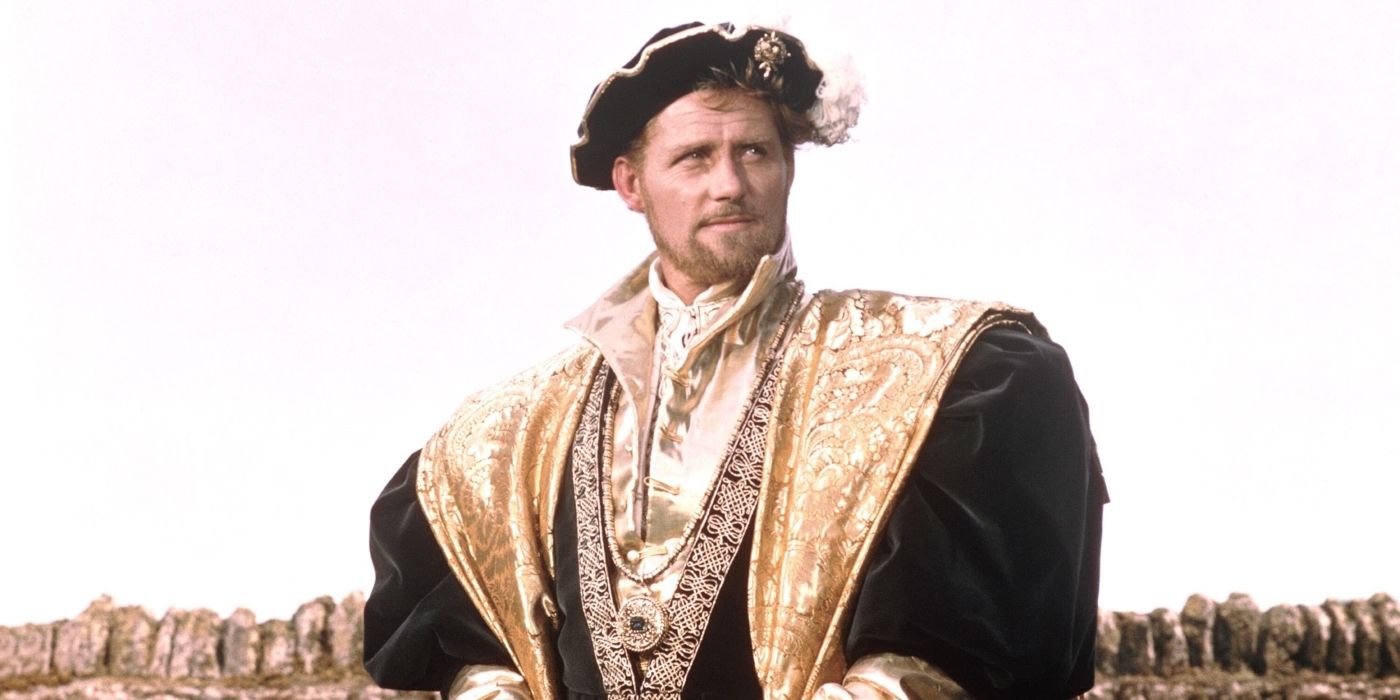
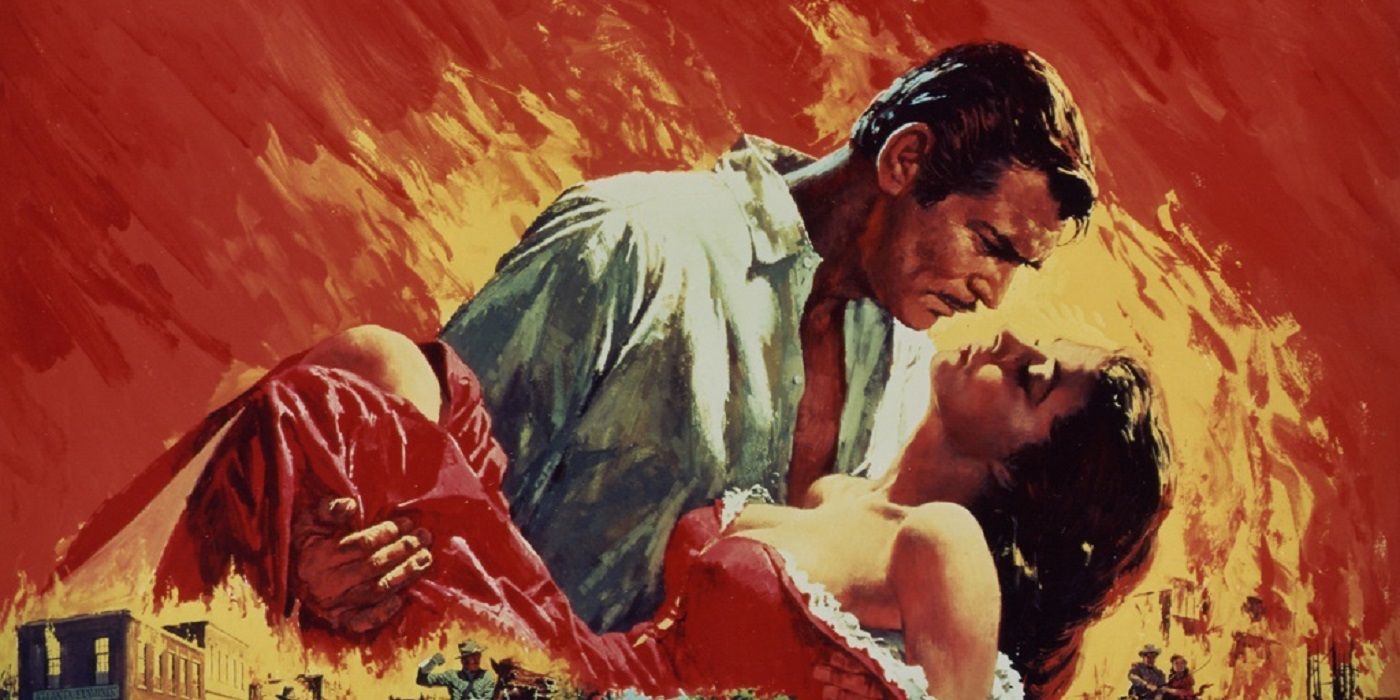
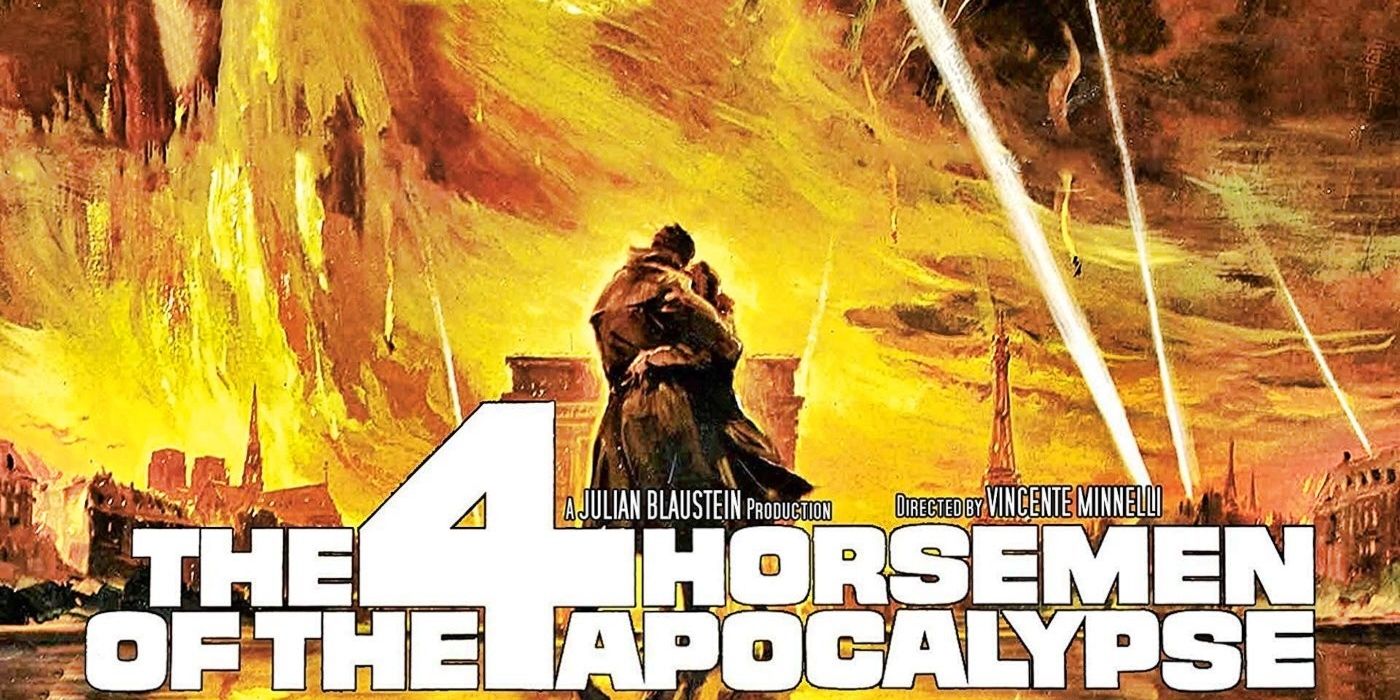
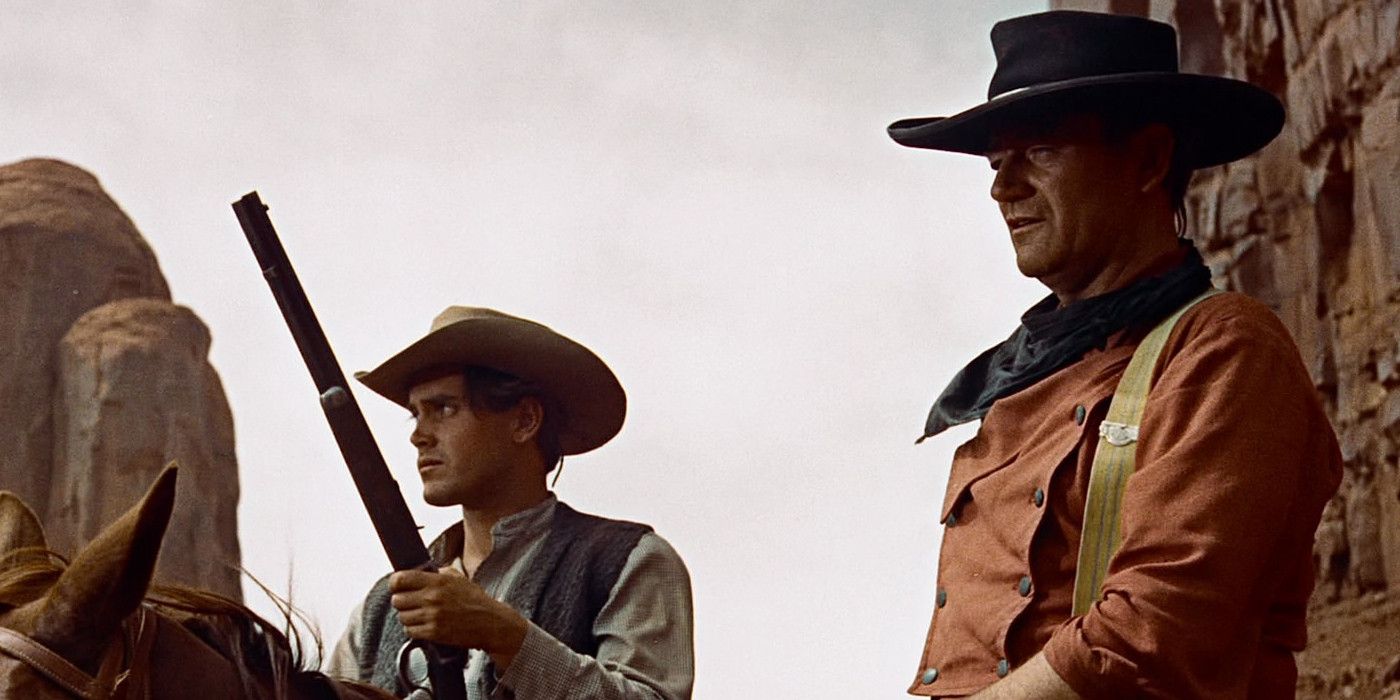
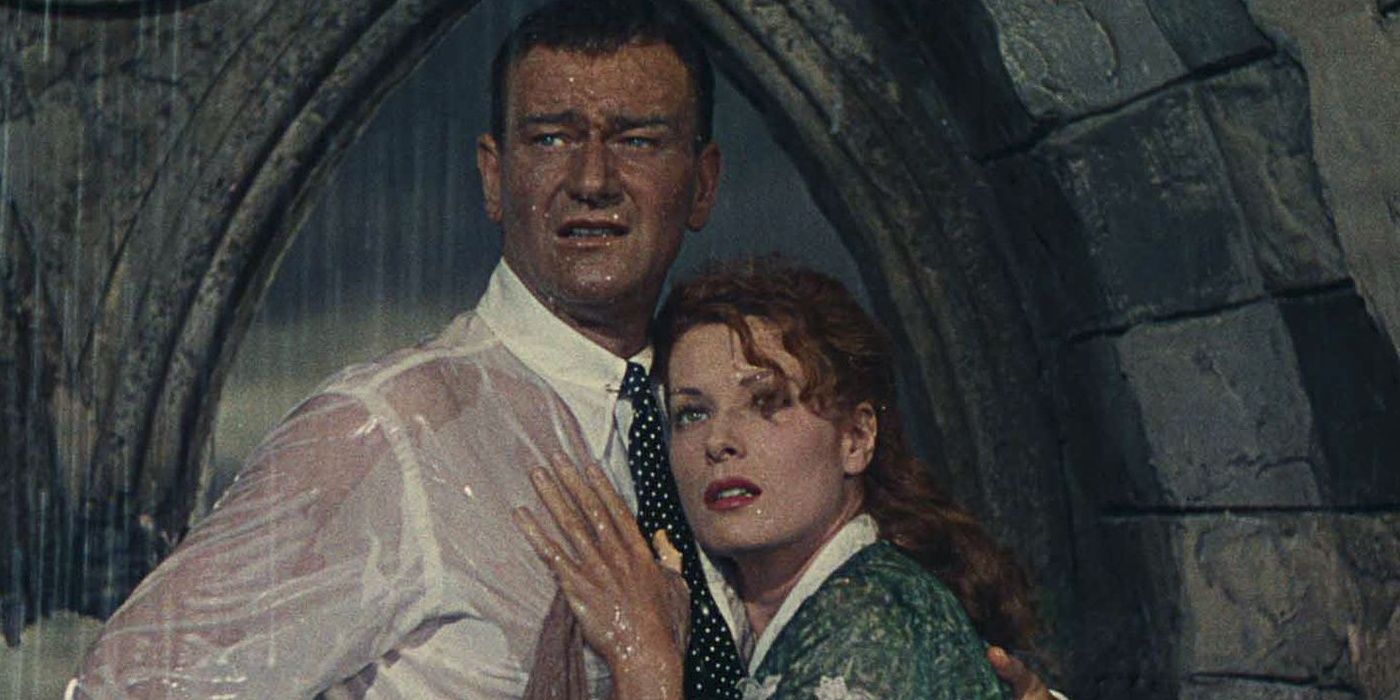



 John Wayne | Silver Screen Collection/Getty Images
John Wayne | Silver Screen Collection/Getty Images

